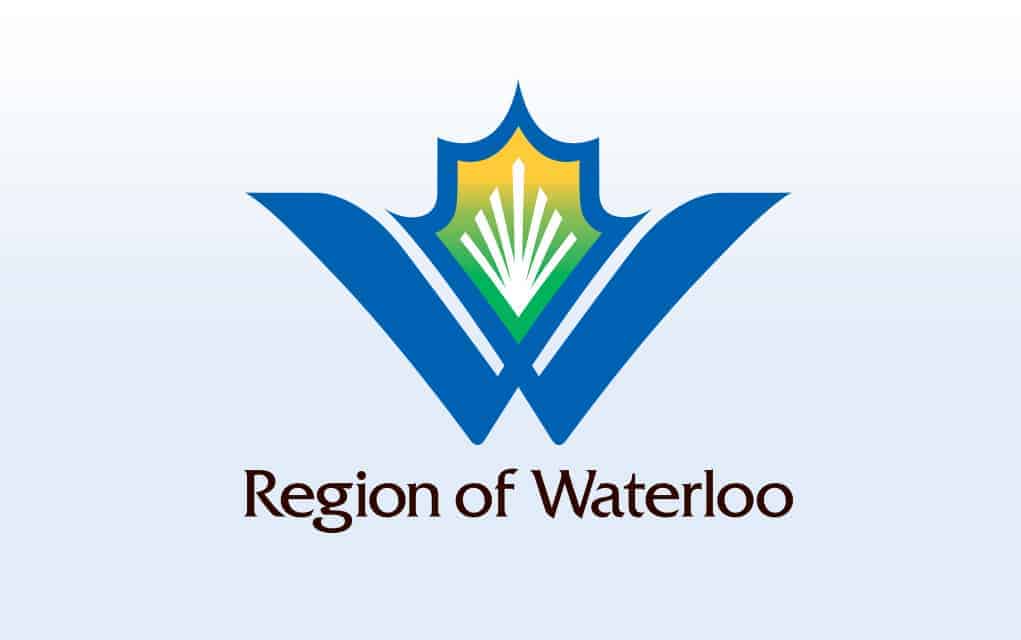The province’s Bill 108 – the More Homes, More Choice Act – has been widely panned by municipalities across Ontario, with local councils being no exception. A plethora of objections, spearheaded by the Region of Waterloo, have been backed by Wellesley and Woolwich townships, for instance.
The bill, critics say, will have negative impacts on municipalities’ ability to carry out community building and good planning.
The sweeping legislation amends 13 acts, including the Planning Act and Development Charges Act, a move the province says cuts red tape and which opponents say gives still more power to developers eager to override local planning decisions.
Introduced early in May and passed just over a month later, the bill reflects the quick turnaround and limited opportunity for consultation that has been the hallmark of the Ford government elected a year ago.
Local municipal planners raised concerns about significantly reducing timelines for making planning decisions, and changing how growth-related costs are funded through the Development Charges Act, for instance.
The government maintains the bill addresses the affordability and housing supply in Ontario by streamlining development approvals, supporting a range and mix of housing options as well as reducing and providing more certainty about municipal development charges.
Municipalities have a different take, however.
“This is just another piece of legislation that the province has changed on us and changed the rules in a very significant way,” said Wellesley Township planner Geoff Vanderbaaren in addressing the issue at council last month. “[There are] very short timeframes for this. You’ll see a lot of municipalities have said ‘there’s a lot of unknowns in here because we don’t have regulations.’”
Municipalities across the province have been vocal in opposition to the changes, opting to make official objections during the comment period and seeking the support of other communities in passing critical resolutions.
Common concerns include changes to eliminate development charges for what are called soft services, which could cut financial tools available for the townships to fund parks, libraries, recreation centres, and similar community infrastructure.
“The bill amends the Development Charges Act in a way that reduces a municipality’s ability to collect development charges to pay for growth and related infrastructure. This further shifts the cost of growth onto existing taxpayers and in the view of region staff, will neither assist in meet housing supply needs nor improve affordability,” wrote regional planning staff in commenting on Bill 108. “The Region of Waterloo participated in a variety of provincial consultation sessions on this issue earlier this year and believes any reduction to development charges would be counterproductive, inefficient and ineffective.”
The issue is also a concern in Wellesley.
“I think the biggest impact for us is going to be the two things in here that deal with the parkland and the development charges. Those are significant changes in how municipalities are able to fund certain things,” said Vanderbaaren. “The parkland is going to require some additional work on our behalf and trying to figure out how best to work that into the existing processes that we have now.”
Under this new bill, the township will be faced with substantially reduced timelines on development applications. Official plans and amendments would be reduced from 210 to 150 days, zoning bylaws from 150 to 90 days, and plans of a subdivision from 180 to 120 days. The province argues that this will lead to a more efficient housing market, but the municipalities say that it could have a detrimental effect instead.
“A comment that I’ve heard several times today is that it’s taking the decision-making away from the local community,” said Wellesley Mayor Joe Nowak. “It’s probably more in tune for what the developers are going to want.”
“There’s certainly some of that,” said Vanderbaaren in response. “They seem to do sort of a good change to it … but then they also throw in two things that go backward. So they’re doing some good, but they’re doing some things that are going backwards in time.”
For its part, Woolwich endorsed the region’s input as part of its comments on the bill.









